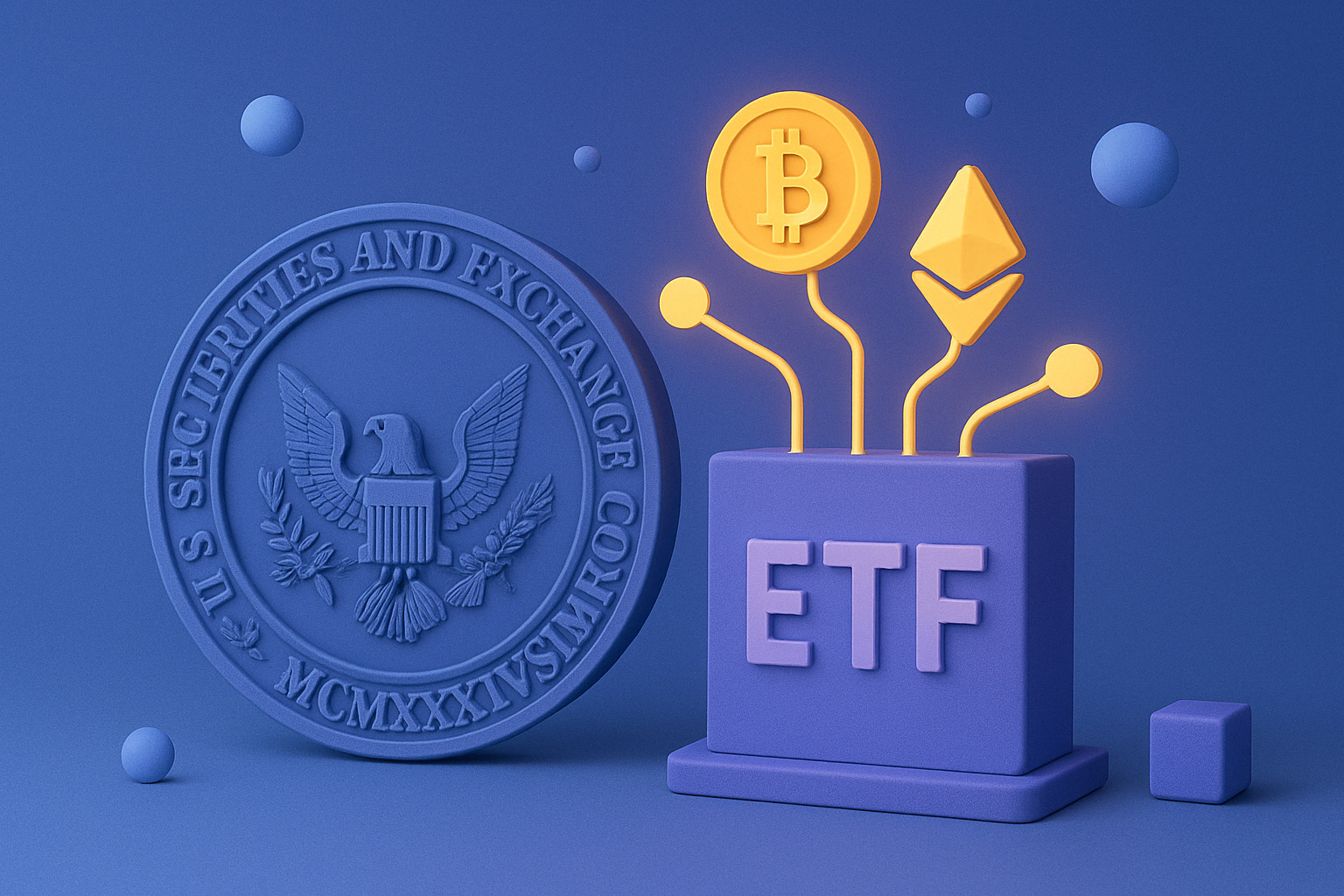As the United States continues to struggle to define clear regulations for digital assets, SEC Commissioner Mark Uyeda is calling for a temporary framework to govern the crypto industry. This proposal comes as the agency plans a roundtable with key industry players, including Uniswap and Coinbase, amid intense regulatory debate.
Mark Uyeda advocates for more flexible and transitional regulation.
- A response to regulatory uncertainty: Mark Uyeda, Republican SEC Commissioner, believes that the lack of legal clarity is hampering innovation in the crypto sector. He therefore proposes the development of a temporary framework that would allow the industry to evolve while remaining within a controlled framework.
- A regulated experimentation mechanism: The idea would be to create a regulatory testing environment, a “sandbox,” in which crypto projects could develop while being monitored without being immediately penalized by unclear or outdated laws.
A Crypto Roundtable to Ease Tensions
- A Necessary Dialogue with the Industry: The SEC is holding a roundtable with representatives from Uniswap, Coinbase, and other major players to discuss the future of crypto regulation. This meeting aims to gather perspectives before formalizing new guidelines.
- Towards a Dedicated Digital Asset Task Force?: Some members of the commission, like Uyeda, support the creation of a specialized crypto team within the SEC, capable of keeping pace with the rapidly evolving sector without systematically resorting to litigation.
Opportunities and Risks for the Crypto Ecosystem
Opportunities:
- Adopting a temporary framework could stimulate innovation by providing greater visibility to emerging projects.
- Improved communication with the SEC could avoid costly litigation and strengthen the legitimacy of the sector.
Risks:
- A temporary framework could create a new legal gray area, generating even more uncertainty.
- Internal disagreement within the SEC could slow the implementation of concrete measures.
Conclusion
Mark Uyeda’s call for a temporary framework for cryptocurrencies demonstrates a growing desire to reconcile innovation and regulation in the United States. While this transitional approach would help resolve the current uncertainty, it also raises the question of its implementation in a fragmented institutional context. One thing is certain: dialogue between the SEC and the crypto ecosystem is more necessary than ever to build a stable and sustainable future.














